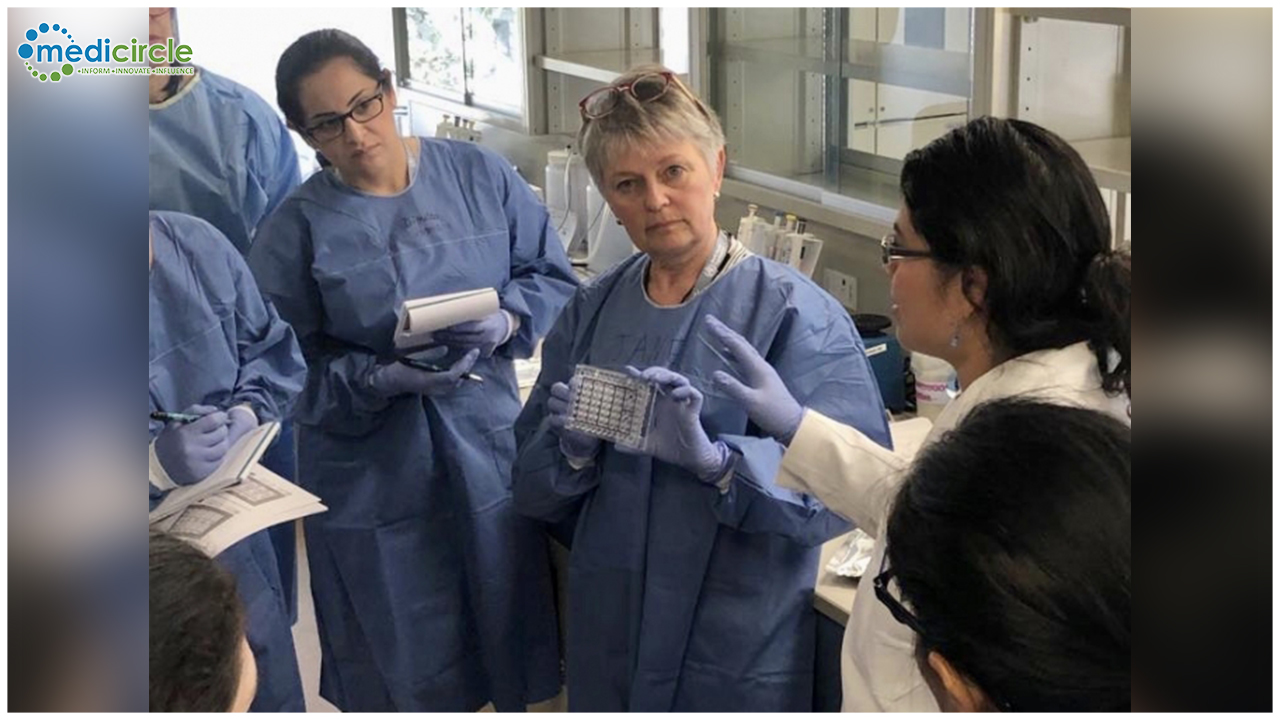Authorities from 13 general healthcare labs in 11 nations of the America are taking part this week in a workshop planned for reinforcing their abilities for finding and recognition of instances of fever yellow. The workshop was composed by the Pan American Health Organization/World Health Organization (PAHO/WHO) together with the Directorate of Public Health Surveillance of the Ministry of Health of Mexico and its partners. Yellow fever is an intense viral hemorrhagic ailment transmitted by tainted mosquitoes. The infection is endemic in Africa and 13 nations of Central and South America (the entire domain or certain regions). A successful, protected and moderate immunization is accessible to forestall yellow fever. The two individuals in endemic territories and unvaccinated explorers are in danger of contamination.
"Notwithstanding the accessibility of a powerful immunization, the yellow fever infection stays one of the most significant dangers to general wellbeing in America," said Cristian Morales, PAHO/WHO agent in Mexico. "Hence, research center observation and early identification of yellow fever in the Region, and especially in endemic zones, ought to be kept up and reinforced."
During 2018, five nations and regions of the Americas detailed affirmed instances of yellow fever. Brazil detailed the most noteworthy number of cases and passings, including 1,376 affirmed human cases and 483 passings from July 2017 to June 2018 however just 91 affirmed cases during a similar period in 2018-2019.
Inside the system of the worldwide Eliminating Yellow Fever Epidemics (EYE) Strategy, PAHO/WHO has worked intimately with teaming up focuses and vital accomplices to guarantee readiness for and convenient reaction to episodes, including by guaranteeing the accessibility of basic reagents for lab affirmation of cases.
The Workshop for Strengthening the Capacity of the Global Network of Yellow Fever Laboratories in America is occurring on March 2 to 6 at the base camp of the PAHO/WHO Collaborating Center for Arboviruses at the Institute for Diagnostics and Epidemiological Reference (InDRE) in Mexico.
José Luis Alomía, Mexico's general executive of the study of disease transmission, said the workshop is a chance to "together create the ability to dependably recognize cases and be prepared to confront the difficulties presented by developing infections."
As the world faces the COVID-19 crisis, he stated, "We can't overlook different dangers, and we should consistently be readied." So far, yellow fever infection has not flowed in Mexico, yet the hazard exists given the nearness of social and ecological determinants and the nearness of the mosquito vector in the Mexican domain.
The workshop members are from research facilities in Argentina, Bolivia, Brazil, Colombia, Ecuador, Guyana, Panama, Paraguay, Peru, Suriname, and Venezuela. The preparation centers around serological testing utilizing the MAC-HD (half-day) ELISA unit created by the U.S. Communities for Disease Prevention and Control (CDC), just as differential location of wild versus immunization infections by PCR tests, including a convention survey and definite examination of results.
PAHO/WHO's accomplices for the workshop include the PAHO/WHO Collaborating Center for Arboviruses at the CDC (Fort Collins) and the Association of Public Health Laboratories of the United States (APHL), with the coordinated effort of the Robert Koch Institute in Germany, a WHO Collaborating Center for Emerging Infections and Biological Risks.

 PAHO/WHO and Mexico come together to understand how to have more effective labs to detect Yellow fever.
PAHO/WHO and Mexico come together to understand how to have more effective labs to detect Yellow fever.





















.jpg)










